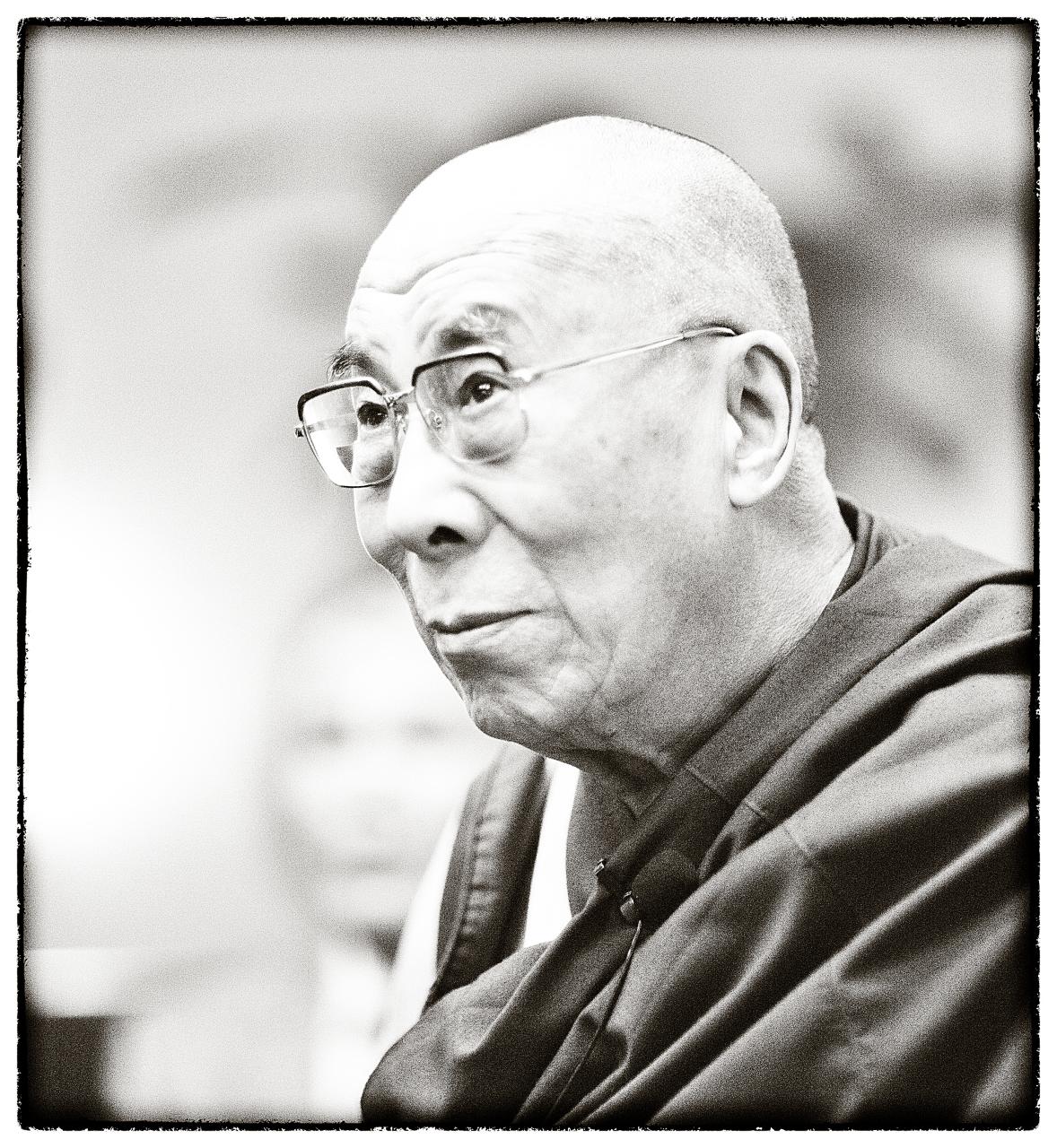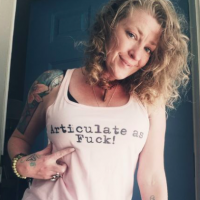
Read Waylon’s initial take on the situation here. And new info, here.
Note: no one person is the voice of Elephant. Agree with the below? Disagree with the below? Inspired to share your contemplations, experiences, take—what can be helpful, critical or otherwise? Post here.
Extra, extra! Read all about it:
The Dalai Lama asks to suck young boy’s tongue and the world loses it!
With all the scandals that have come to light in recent years about the grotesque amount of abuse occurring in our spiritual organizations world wide, not only do people have the right to be suspicious, but also outraged.
We should absolutely be looking to protect the innocent, call out, and legally hold accountable all pedophiles and sexual offenders. I’m just not sure that is what is happening here.
Intuitively, when I read the headline: “Dalai Lama regrets asking boy to ‘suck my tongue’” in an article issued by the BBC, my first reaction was, “He is showing signs of dementia.” And that was the caption I posted when I shared the article with my social media community.
“Another one bites the dust! We’re just going to keep seeing these religious heads tumble. The era of gurus is over.
PS: my intuitive hit: he’s not a secret pedophile, he’s just going senile.”
Senility is mere speculation on my part, though I know I’m not the only one who has suggested it. And I do not suggest it as means for making excuses for pedophilia. But I do not, in my gut, believe that is what is happening in this scenario.
As others have written about, there is cultural context and language itself that is lost in translation. To give it the faintest of lip service, so to speak, the sticking out of the tongue in Tibetan culture denotes both playfulness and respect. And the translation of what the Dalai Lama actually said is not what comes out grotesquely in English as “suck my tongue.”
Frankly, it is less the Dalai Lama’s behavior that holds concern for me than the way that he and his public relations team have handled the incident.
The Dalai Lama’s apology is lacking in the language of accountability. “(He) wishes to apologize to the boy and his family, as well as his many friends across the world, for the hurt his words may have caused,” adding he “‘regrets’ the incident.”
For the “hurt his words may have caused” is not actually an apology; it in no way addresses his own behavior, which is the problem. Now this “problem,” as already stated, may have nuanced factors such as cultural behaviors taken out of context. And it seems likely (intuitively) to me, that his holiness may have had a “senior moment.” The man is, after all, 87 years old. Perhaps his cheese just slipped off his cracker.
So is the Dalai Lama guilty of inappropriate conduct or was it an innocent gesture that’s been blown up to Biblical proportions?
We can’t have it both ways. Or can we?
An apology requires an admission of wrongdoing in order to make corrective actions. PR from the Dalai Lama’s camp has both issued an apology as well as slew of material that denies any wrongdoing. So which is it?
The Dalai Lama is already not irreproachable in his behavior.
The title of this USA Today article from 2019 says it all: “Dalai Lama apologizes for sexist remarks that female successor must be ‘more attractive.'”
Remarks shared in regards to this statement have a similar ring to what is being said now (about “tongue-sucking”).
“It sometimes happens that off the cuff remarks, which might be amusing in one cultural context, lose their humor in translation when brought into another,” the office continued to say in the statement.
If the Dalai Lama’s remarks are innocent and taken out of cultural context on both of these occasions then perhaps we can smile and make excuses for an old man’s (who also happens to be a Nobel Peace Prize winner) eccentricities.
Can we, however, keep making excuses for unaddressed corruption in our spiritual organizations?
The Dalai Lama did have some involvement with NXIVM, a sex cult that used highly unscrupulous methods of indoctrination including black mail and even branding. Could he have given an endorsement to this organization without conscious knowledge of their practices? Of course. These cults often fly under the radar for years without a full awareness of how horribly inhumane they truly are. It would seem, however, that someone in his organization made these connections on his behalf. In this case, it was Lama Tenzin Dhonden, the Dalai Lama’s emissary to the United States who, himself, is (allegedly) guilty of conduct unbecoming a monk.
And this is not the first sign of misconduct from a Buddhist organization.
Another such incident involved Sakyong Mipham who stepped back from his duties in the light of an open letter written by six of his former assistants, detailing 20 years of sexual misconduct and psychological abuse.
The sweeping of this incident under the rug led to the resignation of renowned teacher and author Pema Chödrön who stepped down as senior teacher at Shambhala, the Buddhist teaching center in Boulder, CO.
Whereas the Dalai Lama’s gesture may have been one of innocent play, he is the head of a spiritual organization that—like so many others—has gained a reputation for sexual misconduct.
And it’s all of these spiritual organizations, every one of them, that has some sort of shade or skeleton hiding in their closets.
At what point do we stop making excuses for “innocent behavior”? At what point do we stop letting our need to imbue people with inhuman standards of purity prevent us from seeing people as whole imperfect people who need to be held accountable for corruption?
Don’t you see? We are setting ourselves up. When we expect people to behave as living saints, there is no earthly way that they will not at some point disappoint us. And then what do we do?
Cognitively, when we are faced with diametrically opposing truths, a lot of us break. We simply cannot hold the dichotomy that someone who has done great good is also capable of misogyny, or enacting harmful or licentious behavior. But we need to. We need to be able to address both the shadow and the light in ourselves and each other.
No person—living or dead—is perfect.
We need to stop pedestalizing our spiritual leaders.
The era of the guru needs to end.
Buddha Dharma as a practice invites us to take stock of our psychology and our behaviors. As someone who considers herself a witch, I resonate with this philosophy because it is not about worshiping an external “other”; it is about deep accountability within ourselves, our relationships, and all of existence.
Rather than expecting the Dalai Lama to behave as some paragon of purity—who’s now fallen from their pedestal—would it not be more compassionate to see him as a man who has served to the extent of his capacity?
Now having reached the extent of reasonable service, instead of burning the man as a witch, or his public relations team trying to control the damage of his bizarre behavior, let him retire.
And let this become the precedent for those leaders of the “old age.”
Let them retire.
Let them fade.
And let us hold them and ourselves accountable for inhumane and unsustainable behaviors as we move bravely forward.
~
Please consider Boosting our authors’ articles in their first week to help them win Elephant’s Ecosystem so they can get paid and write more.


 Share on bsky
Share on bsky




Comments are closed.
Read 5 comments and reply